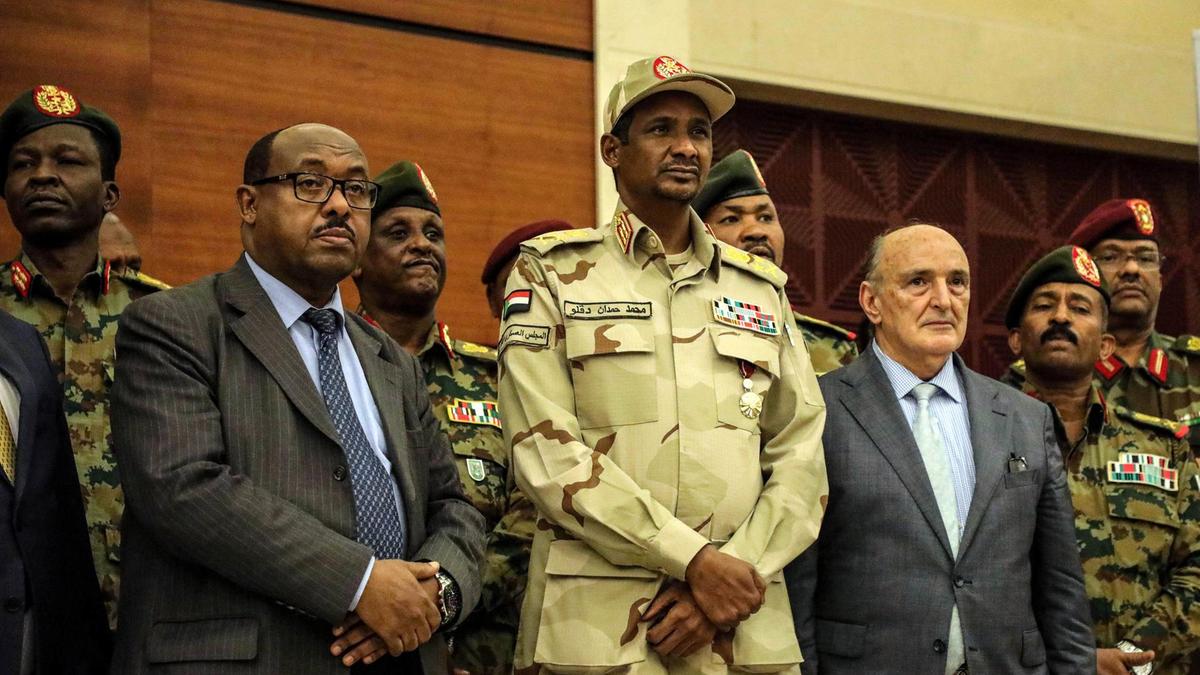Sudan’s military said it has arrested a number of senior officers in connection with the coup attempt earlier this month, the state news agency said.
The military council, that took over the country after overthrowing longtime leader Omar al-Bashir in April, said it arrested at least 16 active and retired military officers over an attempted coup on July 11, 2019.
The military “revealed a coup attempt involving General Hashim Abdel Muttalib Ahmed, head of the joint chiefs of staff, and several high-ranking officers from the armed forces and the National Intelligence and Security Service, along with leaders of the Islamic Movement and the National Congress Party,” SUNA said on Wednesday, July 24, 2019.
“They have been detained and investigations with them are going on so that they can be tried.”
Talks between the military and Sudan’s pro-democracy movement have dragged out over the final and crucial part of a power-sharing deal for the nation’s transitional period.
“The failed coup attempt’s goal was to abort the people’s glorious revolution and to return the former National Congress regime to power, and to disrupt the path before the expected political solution that aims to establish a civilian state,” SUNA cited the military as saying.
Ahmed was appointed chief of staff just days after Bashir’s removal following months of street protests against the president’s 30-year rule.
Since April, Ahmed had appeared loyal to General Abdel-Fattah Burhan, the head of the ruling military council, and only last week visited Egypt with a top-level Sudanese delegation.
Sudan’s ruling generals and pro-democracy factions have yet to sign the second and final part of the power-sharing deal.
They signed a political declaration that outlines the deal last week, after agreeing on a joint sovereign council that will rule for a little over three years while elections are organised.
Both sides say a diplomatic push by the United States and its Arab allies was key to ending the weeks-long standoff between the military and the protesters that raised fears of an all-out civil war.
The second, more contentious part of the power-sharing deal, the so-called “constitutional agreement”, is meant to specify the division of powers during the transitional period. But that part has now stalled.
Leaders of the pro-democracy movement, known as the Forces for Declaration of Freedom and Change, have been meeting in Ethiopia with leaders of the Revolutionary Front, an alliance of Sudanese rebel groups who are also part of the movement.
The Revolutionary Front had rejected the power-sharing deal, arguing it fails to meet their demands for peace.
Read more at Al Jazeera







